Search
Remove Ads
Advertisement
Summary 
Loading AI-generated summary based on World History Encyclopedia articles ...
Search Results

Definition
The Ankh
The Ankh is one of the most recognizable symbols from ancient Egypt, known as "the key of life" or "cross of life" and dated to the Early Dynastic Period (c. 3150 - 2613 BCE). It is a cross with a loop at the top sometimes ornamented with...
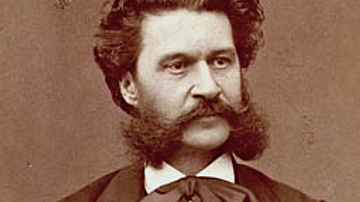
Definition
Johann Strauss II
Johann Strauss II (1825-1899), aka Strauss the Younger, was an Austrian composer best known for his waltzes such as The Blue Danube. Famed throughout Europe and the United States in his own lifetime, Strauss was known as the 'Waltz King'...

Article
Origin of the Sweat Lodge
The sweat lodge is a temporary or permanent structure integral to Native American culture and frequently used in spiritual ceremonies. The lodge is often a low, dome-shaped, structure heated by hot rocks which produce steam as water is poured...
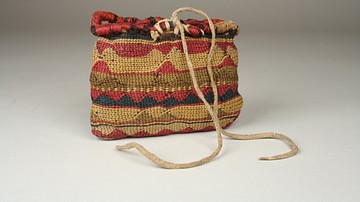
Article
Making the Sacred Bundle
Making the Sacred Bundle is an origin story of the medicine bag from the Pawnee nation. A medicine bag is a pouch or bundle containing items of resonant spiritual power for an individual or the tribal community that symbolize and maintain...
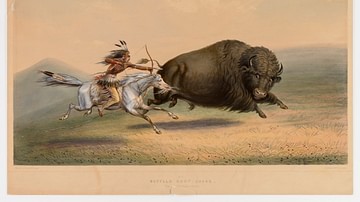
Article
Cheyenne Legends of the Buffalo
Two popular Cheyenne legends are the Origin of the Buffalo and How the Buffalo Hunt Began (also known as The Great Race), both dealing with the importance of the North American bison to the Cheyenne nation. Like others of the Plains Indians...

Article
Kiowa Death-Origin Myth: Two Versions
The Kiowa nation has at least two different versions of their origin myth concerning death: How Death Came into the World and Why the Ant is Almost Cut in Two. Both explain the origin of death but differ significantly in characterization...
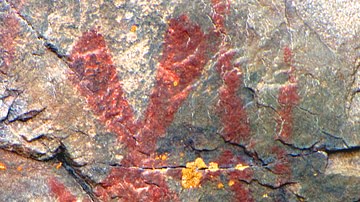
Article
Manabozho Tales
Manabozho tales are the stories of the trickster figure and culture hero of the Ojibwe (Ojibway/Chippewa) and other Algonquin Native American nations of present-day northern United States and southeast Canada. Manabozho is a supernatural...
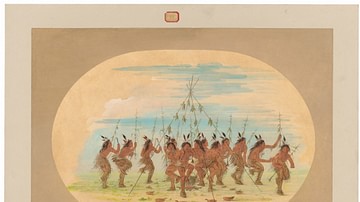
Article
Sioux Story of The Gift of Corn
Corn (maize) was central to the lives of Native Americans across North, Central, and South America. Maize was introduced to North America from Mesoamerica c. 700/900 CE and transformed the lives of the indigenous peoples. Every tribal nation...
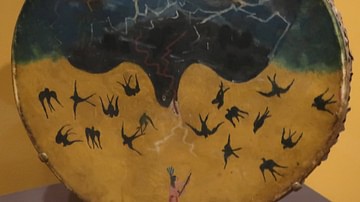
Article
The Ghost Wife
The Ghost Wife is a Pawnee story dealing with loss, grief, the inability to let go of the past, and the danger of dealing with ghosts. It reflects the Pawnee understanding of the unpredictable nature of life, the certainty of death, and the...
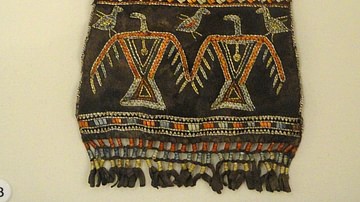
Article
The Man Who Married the Thunder Sister
The Man Who Married the Thunder Sister is a legend of the Cherokee nation about a young warrior who falls in love with a Thunder Sister and follows her home where he finds nothing is what it seems to be, not even the young woman. The story...